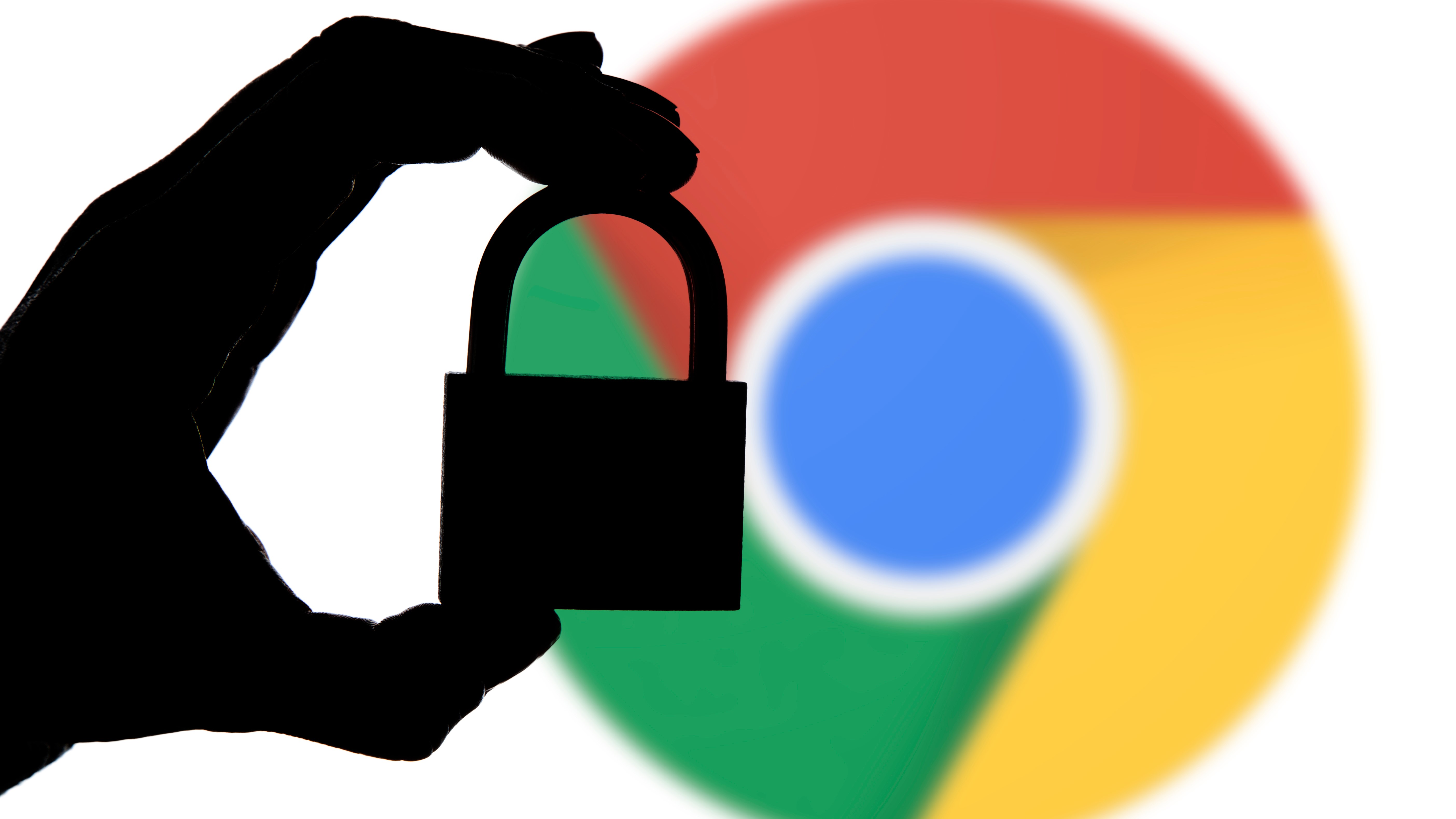Google Chrome switching to post-quantum encryption
Chrome's future-proofing its protection

Google isn't going anywhere soon, so it's good news that it's working on making Chrome safe from future threats. It has been confirmed that the browser is switching to a post-quantum encryption standard – in English, this means that Chrome should stay secure in the future.
For more, keep reading, roll up your sleeves and let's get technical.
What encryption is Chrome using?
Dubbed ML-KLEM (short for Module Lattice Key Encapsulation Mechanism) the incorporation of this new encryption standard sees Google move away from its previous Kyber infrastructure and the secure TLS key encapsulation system it introduced just five months ago.
Approved by the US National Institute of Standards and Technology in August (along with three other post-quantum encryption standards), ML-KLEM, also known as CRYSTALS-Kyber algorithm, is expected to be the primary standard for cryptographic key exchanges. That makes it a vital part of the future of encryption online.

Post-quantum encryption is all about creating a form of encryption that can stand up to the efforts of quantum computers in the future. Quantum computers compute differently to traditional binary computers, making them a real threat to standard encryption methods. In the years to come, as quantum computers get more powerful, we are expected to reach Q-Day, a point where current leading encryption methods will become obsolete and the likes of ML-KLEM will be essential.
The future is now
With the ubiquity of Google Chrome, its adoption of this encryption standard is a massive step towards preparing for the future and when implemented in Chrome's 131 update, will be a massive protection against so-called "store now. decrypt later" scams. These attacks see hackers steal encrypted data that's seemingly useless now, just waiting for quantum technology to render it readable.
If you want to use post-quantum encryption on your data already, then you can. Many of the best VPNs now have post-quantum encryption options. ExpressVPN, Mullvad and Windscribe are just a few of the big names embracing the future.
Andy is a freelance writer with a passion for streaming and VPNs. Based in the U.K., he originally cut his teeth at Tom's Guide as a Trainee Writer before moving to cover all things tech and streaming at T3. Outside of work, his passions are movies, football (soccer) and Formula 1. He is also something of an amateur screenwriter having studied creative writing at university.
